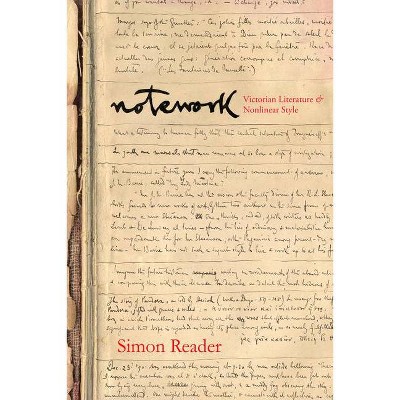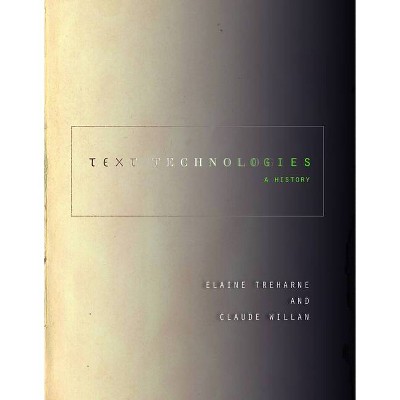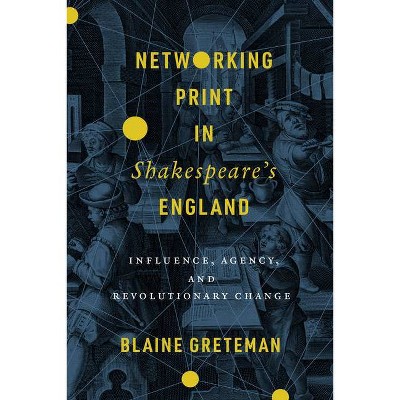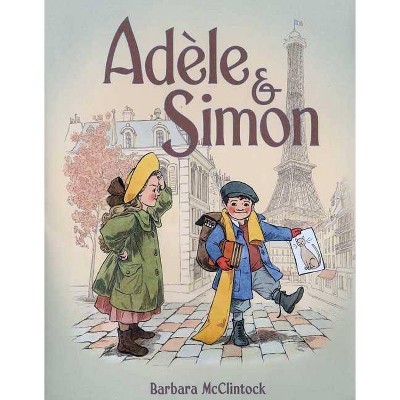Notework - (Stanford Text Technologies) by Simon Reader (Hardcover)

Similar Products
Products of same category from the store
AllProduct info
<p/><br></br><p><b> About the Book </b></p></br></br>"Notework begins with a striking insight: the writer's notebook is a genre in itself. Simon Reader pursues this argument in original readings of unpublished writing by prominent Victorians, offering a more expansive approach to literary formalism for the twenty-first century. Neither drafts nor diaries, the notes of Charles Darwin, Oscar Wilde, Gerard Manley Hopkins, Vernon Lee, and George Gissing record ephemeral and nonlinear experiences, revealing each author's desire to leave their fragments scattered and unused. Presenting notes in terms of genre allows Reader to suggest inventive new accounts of key Victorian texts, including The Picture of Dorian Gray, On the Origin of Species, and Hopkins's devotional lyrics, and to reinterpret these works as meditations on the ethics of compiling and using data. In this way, Notework recasts information collection as a personal and expressive activity that comes into focus against large-scale systems of knowledge organization. Finding resonance between today's digital culture and its nineteenth-century precursors, Reader honors our most disposable, improvised, and fleeting textual gestures"--<p/><br></br><p><b> Book Synopsis </b></p></br></br><p><i>Notework</i> begins with a striking insight: the writer's notebook is a genre in itself. Simon Reader pursues this argument in original readings of unpublished writing by prominent Victorians, offering an expansive approach to literary formalism for the twenty-first century. Neither drafts nor diaries, the notes of Charles Darwin, Oscar Wilde, Gerard Manley Hopkins, Vernon Lee, and George Gissing record ephemeral and nonlinear experiences, revealing each author's desire to leave their fragments scattered and unused. </p> <p>Presenting notes in terms of genre allows Reader to suggest inventive new accounts of key Victorian texts, including <i>The Picture of Dorian Gray</i>, <i>On the Origin of Species</i>, and Hopkins's devotional lyrics, and to reinterpret these works as meditations on the ethics of compiling and using data. In this way, <i>Notework</i> recasts information collection as a personal and expressive activity that comes into focus against large-scale systems of knowledge organization. Finding resonance between today's digital culture and its nineteenth-century precursors, Reader honors our most disposable, improvised, and fleeting written gestures. </p><p/><br></br><p><b> Review Quotes </b></p></br></br><br>Encountering writers' notebooks on their own terms, Simon Reader carves out fresh and rewarding territory in the landscape of Victorian studies. <i>Notework</i> offers brilliant, wide-ranging commentary on little-studied archival materials in dialogue with, but not subordinated to, well-known works of the period.--Andrew Stauffer "University of Virginia"<br><br>Written in an energetic, witty, and clear style, <i>Notework</i> is full of interest and fresh insight--an unexpected and provocative view on material that has wider implications for how we read.--Kathryn Sutherland "University of Oxford"<br><p/><br></br><p><b> About the Author </b></p></br></br><b>Simon Reader</b> is Assistant Professor of English at the College of Staten Island, City University of New York.
Price History
Price Archive shows prices from various stores, lets you see history and find the cheapest. There is no actual sale on the website. For all support, inquiry and suggestion messagescommunication@pricearchive.us



















